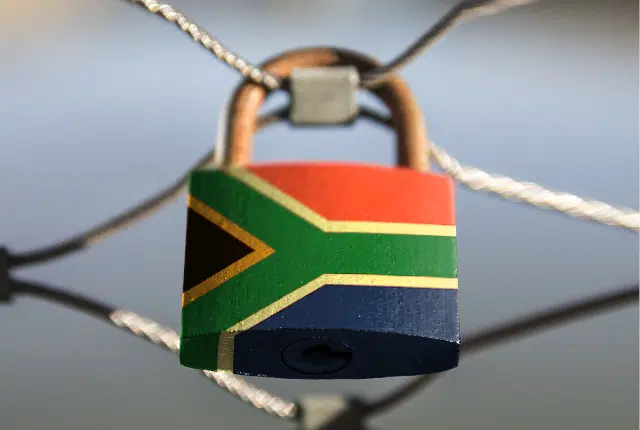
Relaxed lockdown restrictions being considered for South Africa: health minister
Health minister Joe Phaahla says South Africa is seeing a decline in the third wave of its Covid-19 cases, and the government is now considering the further easing of lockdown restrictions.
Addressing media on Friday (17 September), Phaahla said that when compared to the previous seven days, overall new Covid-19 cases are now down by 35%. The country’s positivity rate has also declined to an average of 9.3%, he said.
This data shows that South Africa is now close to the World Health Organisation’s metric for a ‘stable’ infection rate of 5%, and a further relaxation of restrictions could be on cards as citizens have shown that they are complying with regulation, he said.
“If we continue to comply with the personal health and safety measures, more relaxations will be on the way. We will be reporting to the national coronavirus command council in two weeks, and if there continues to be good cooperation, the (rules) will be relaxed.”
Phaahla said that some of the eased restrictions could include:
- An 00h00 evening curfew;
- Alcohol would be allowed to be sold for off-site consumption on a Saturday;
- More leisure activities will be allowed to reopen.
President Cyril Ramaphosa moved South Africa to an adjusted level 2 lockdown on Monday (13 September) as a sustained decline in infections has been seen over the last two weeks.
The updated restrictions include:
- The hours of curfew run from 23h00 – 04h00. Non-essential establishments such as bars and gyms need to close at 22h00 to give staff to get home.
- All gatherings are limited to 250 people indoors, while outdoor gatherings are limited to 500 people. Where the venue is too small to accommodate these amounts of people, then no more than 50% of the floor space may be used.
- The sale of alcohol for off-site consumption is permitted from 10h00 – 18h00 from Monday-Friday.
- On-site consumption of alcohol is subject to licensing permissions until 22h00. Funerals remain restricted to no more than 50 people, and, as before, night vigils, after-funeral gatherings and ‘after-tears’ gatherings are not allowed.
Ramaphosa said that these restrictions will be reviewed in two weeks. The government will also present its plan for vaccine passports at this time so that people can attend sporting and other events, he said.
The president warned that existing regulations remain in place – including the compulsory wearing of masks, social distancing and a ban on after-funeral gatherings.
“It is a criminal offence not to do so, and the managers of shops and restaurants, as well as drivers of taxis and buses, have a responsibility to ensure that their customers wear masks, and that the appropriate social distancing measures are in place.”
*First appeared in BusinessTech



